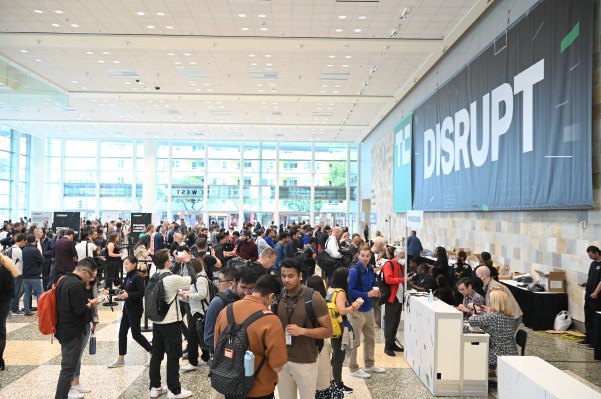Lab-grown meat is buzzy for a reason. The ick factor is palpable, and the benefits of scaling alternatives to factory farming are enormous. Yet, plenty of other crucial corners of agriculture often go overlooked — at least as far as headlines are concerned. At TechCrunch Disrupt 2023, we asked two leading investors and one founder to dish on some of the untapped and overlooked opportunities they see in sustainable agtech.
Monica Varman, a partner at Kleiner Perkins spinoff G2, said she’s only beginning to see startups that focus on boosting transparency across agricultural supply chains. “It’s hard to incentivize or expect a farmer to adopt climate-friendly practices when they’ll get paid no more to do that,” said Varman, speaking on the Disrupt Sustainability Stage.
Why would farmers invest in reducing greenhouse gas emissions when they’re ultimately selling “a commodity product into a commodity market?” the investor asked.
“Indigo Ag sort of tried this — v1, it’s still pretty small,” she said. “We’re starting to see some SaaS-based transparency platforms like Regrow, but it’s in very early stages, and I think it’s a critical enabler for all of the interesting innovations across the supply chain,” Varman explained. “That’s the only way we can actually decommodify our food and reward people for growing truly sustainable, climate-friendly products.”
Matthew Walker, S2G managing director, also noted opportunities across supply chains.
“Lab meat, coffee and the like — they certainly get a lot of media coverage, but I think most of our portfolio is in the in-between spaces across the supply chain, where people may not see the stories as sexy,” explained Walker. Soil amendments, pesticides — basically all the stuff that “goes into the food that we eat” are “$10 billion, $100 billion global market opportunities,” the VC said.
Berkeley Yeast co-founder and CEO Charles Denby, whose company modifies yeast to help brewers ship more sustainable beer, pointed to probiotics.
“Imagine that you could engineer the probiotics that are in your gut, or in a cow’s gut,” said Denby. “You could deliver medicines. You could even, perhaps, reduce the methane that they emit.”
The executive acknowledged that there are already startups engineering probiotics in human therapeutics, yet on the agtech side, he believes “there’ll be some really interesting stuff coming online.”
Beyond buzz, “I think people are motivated by the impact at the end of the day,” said Varman. Money is also an obvious motivator. For example, “the synthetic fertilizer market is $180 billion a year. There’s a big prize to be had,” said the investor.
More on that: Synthetic fertilizer is ecologically destructive and emits more greenhouse gases than the aviation and shipping industries combined, according to Cambridge researchers. Farmers often over-apply it in their fields, and “a lot of it gets washed off during rains, [creating] havoc in our ecological systems, including the sea,” said Varman.
Of course, some of the buzziest topics in sustainable agriculture have no clear winners yet. Upside Foods founder and CEO Uma Valeti, for example, told TechCrunch that scaling is cultivated meat’s greatest unsolved challenge. “We have lots of people wanting to eat it right now,” Valeti said. “We just can’t make enough.”
